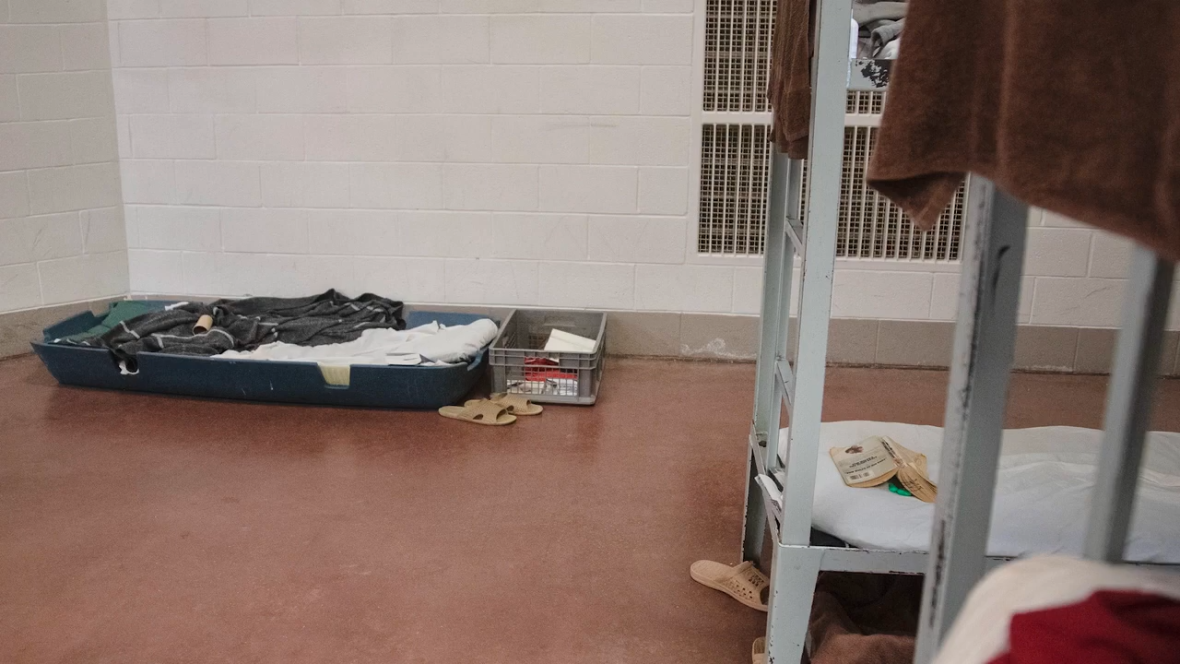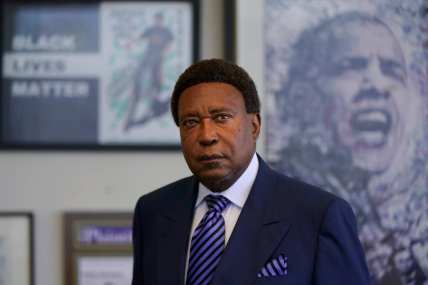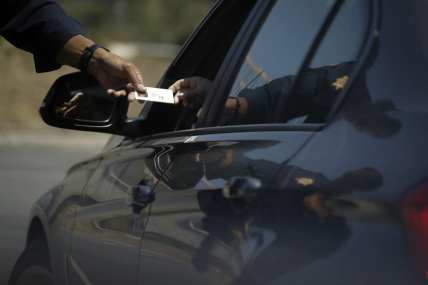County wants to figure out why it keeps arresting Black people
The MacArthur Foundation analysis released last year revealed that between 2018 and 2021, Black adults in Ada County, Idaho, were detained and booked into jail 3.5 times more frequently than white residents, despite making up less than 1.6% of the population.
Black residents of an Idaho county face arrest at rates far greater than their white counterparts, and researchers are working to determine why.
According to the Idaho Statesman, the MacArthur Foundation study was part of the Ada County Sheriff’s Office’s involvement in the organization’s Safety and Justice Challenge, which aims to reduce jail and prison populations and eliminate racial and ethnic disparities.
The analysis released last year revealed that between 2018 and 2021, Black adults in Ada County were detained and booked into jail 3.5 times more frequently than white residents, despite making up less than 1.6% of the population.

For every 1,000 Black adults, law enforcement jailed 21 following an arrest. Six of every 1,000 white adults were booked.
Native Americans were apprehended and booked at a rate 1.7 times higher than white people and Hispanic adults at 1.2 times.
Still, Ada County Sheriff Matt Clifford said he doesn’t believe his officers are prejudiced, adding that additional research is required because the data might be misleading.
“It does show that there’s a disproportionate amount of arrests in ethnicity, though it doesn’t really tell us why,” Clifford said, according to the Statesman. “While I couldn’t tell you what’s in everybody’s hearts and heads, I could tell you what I’ve seen and heard and the actions that I’ve seen taken by other officers, and it tells me that we don’t have bias in our agency.”
The arrests become even more disproportionate for certain offenses. More than 10% of those detained for misdemeanor battery, 9% for resisting or obstructing law enforcement, 8% for misdemeanor possession of a controlled drug, and almost 7% for burglary were Black.
The data shows that, over the four years, driving under the influence arrests were the most frequent for all racial groups. Possession of drug paraphernalia, misdemeanor battery, petit larceny, felony possession of a controlled substance, resisting or impeding law enforcement, and burglary were the following offenses.
The MacArthur statistics also revealed significant variations in the number of arrests made by various police forces. While researchers uncovered the largest discrepancies in the Ada County Sheriff’s Office’s arrest data, Black adults in Boise and Meridian were also arrested at higher rates.
Meridian Police Chief Tracy Basterrechea criticized the MacArthur analysis in a statement for omitting other demographic variables and noted that he believes criminals are going to jail in Ada County.
“Regardless of color, ethnicity or socio-economic status, or anything else,” Basterrechea shared, in part, The Statesman reported, “if you are committing crimes within the city of Meridian, we will deal with each situation accordingly.”
According to the MacArthur statistics, Black people and Native Americans were arrested by the Garden City Police Department at 3.9 and 2.3 times higher rates than white people, respectively.
Black Americans, who make up 13% of the country’s population, made up 38% of those imprisoned in 2019, according to the Prison Policy Initiative, a nonprofit organization that focuses on exposing issues with mass incarceration.
As of Friday, March 31, 4.9% of inmates in the Ada County Jail were Black.
ACLU of Idaho executive director Leo Morales expressed his hope that the county would keep concentrating on the issue of bias in policing, observing that other solutions might be more effective if less emphasis was on police presence in communities and tactics.
Additionally, he stated that bias education frequently fails and that many issues with policing are systemic rather than involving specific cops.
“The emphasis should be to try to figure out over the next few years exactly what the plan is” to ensure they’re headed in the right direction, Morales said, the Statesman reported. He contended that all Idahoans “should feel a sense of injustice for having such a disproportionality with regards to the numbers that we see in the community.”
TheGrio is FREE on your TV via Apple TV, Amazon Fire, Roku and Android TV. Also, please download theGrio mobile apps today!



